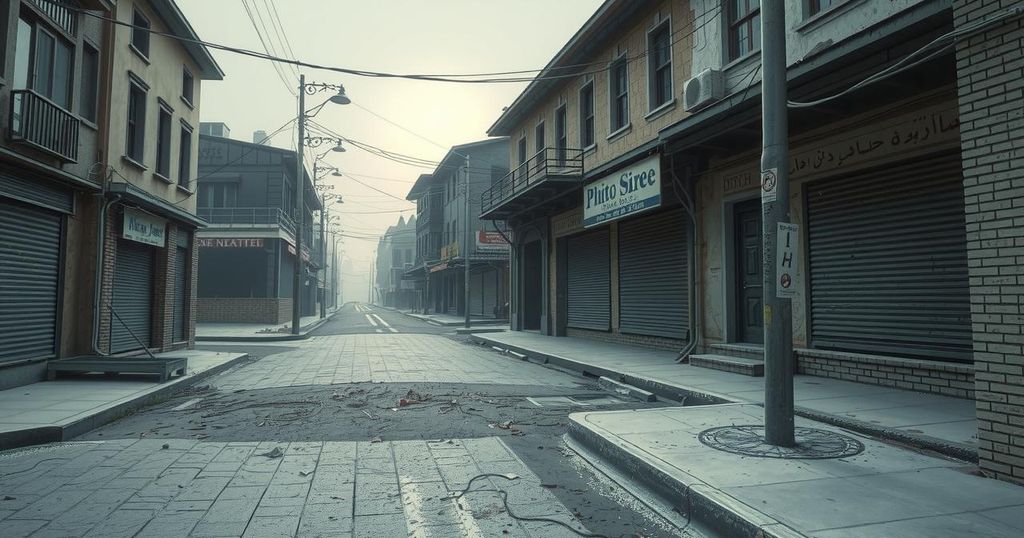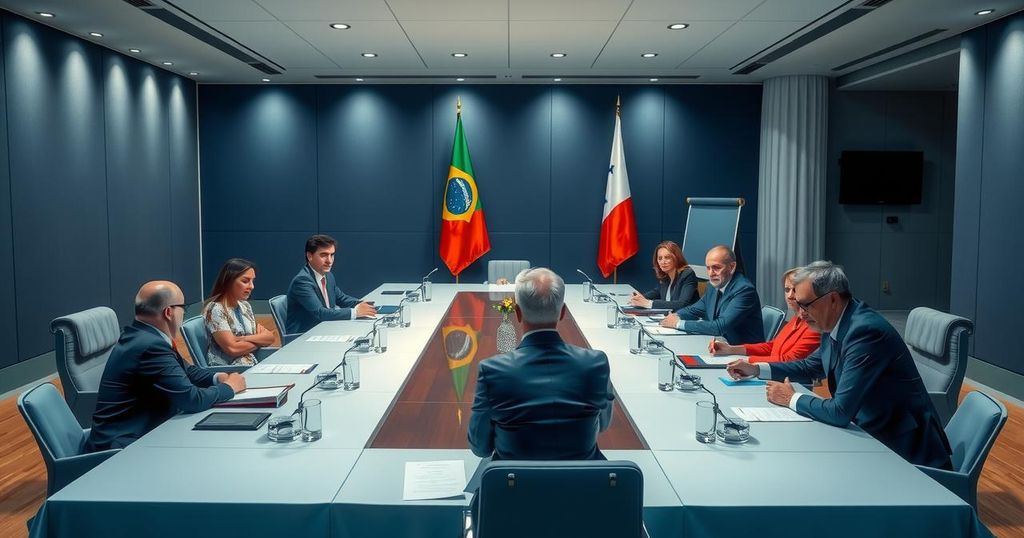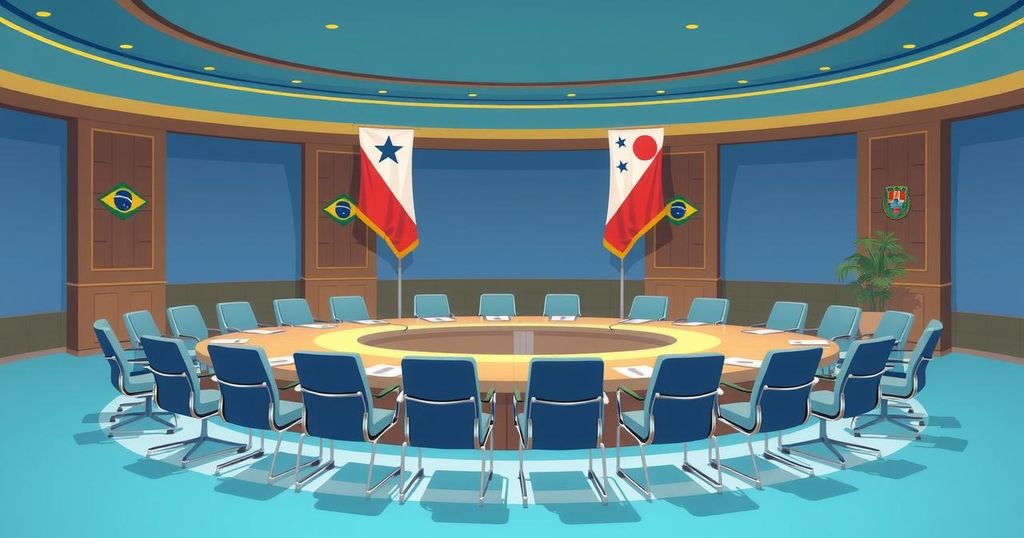In late March 2025, Zimbabweans avoided workplaces in response to a lack of action, highlighting the perils of confronting state forces. Political analyst Eldred Masunungure discussed how economic survival plays a critical role in citizens’ decisions against protests. The absence of a credible opposition group further complicates the quest for meaningful political change. Masunungure suggests reviving a coalition government reminiscent of the 2009-2013 GNU, yet doubts its feasibility under the current regime.
At the end of March 2025, a noticeable silence took over Zimbabwe as citizens largely avoided their workplaces, transforming urban areas into virtual ghost towns. This was not due to a spontaneous protest, according to political analyst Eldred Masunungure from the University of Zimbabwe. Rather, it was a strategic decision by the populace, who understood the dangers that could come from directly confronting the heavily armed state security forces, which the government appears ready to use without hesitation.
In a recent conversation with NewZimbabwe.com, Masunungure explained how the lack of a vibrant street demonstration reflected the reality of living under a government that strictly bans protests. He noted that instead of taking to the streets, many citizens opted to stay home, viewing this behavior as a form of protest in itself. However, he remarked, a subsequent call for an ‘indefinite’ stay-away, made by war veteran Blessed ‘Bombshell’ Geza, failed to gain traction, largely because it was seen as unrealistic given the everyday survival struggles many face.
Masunungure elaborated that participating in such a protracted stay-away could be seen as a form of economic suicide. The vast majority of Zimbabweans rely on informal work, such as street vending, to make a living. Thus, responding to Geza’s call was out of the question for many who prioritize their daily survival. The lack of a coherent, organized opposition movement was another key factor contributing to the indifference toward the indefinite stay-away, according to Masunungure.
He described the ‘Geza movement’ as mainly an initiative led by Geza himself, highlighting the unsustainability of such a solitary approach in politics. In the current political landscape, there exists no viable organizational platform for those disenchanted with the ruling Zanu PF party. With the decline of political entities like the Movement for Democratic Change and the Citizens Coalition for Change, many citizens have become disenfranchised political orphans without a place to express their aspirations or grievances.
Masunungure emphasized the necessity of a new and sustainable political organization that embodies trustworthy leadership. In his view, Zimbabwe has been ensnared in a cycle of systemic fragility marked by economic disarray, social instability, and turbulent diplomatic relations. He characterized the current state of affairs as one of muddling through, where governance is marred by rampant corruption, extreme unemployment, soaring inflation, and a lack of personal accountability at the state level.
To revitalize the country, he proposed a need for a coalition akin to the Government of National Unity that spanned from 2009 to 2013, which many Zimbabweans still remember fondly. However, skepticism looms regarding this possibility considering the dominance of a single-party system and the stifling of civil society’s influence. Masunungure pointed to the restrictive PVO Amendment Act and President Donald Trump’s previous policy changes that undermined USAID, which he argues limits the capacity of civil society to act as a counterbalance to the government.
In light of these challenges, he suggested that the church could play a pivotal role in fostering dialogue that might lead to a GNU-like resolution. Yet he stressed that regional leadership, especially from the Southern African Development Community led by President Mnangagwa, is crucial in this effort. Ultimately, Masunungure concluded that Zimbabwe is unlikely to escape its current state of uncertainty and chaos anytime soon.
Masunungure’s insights reflect a complex landscape in Zimbabwe marked by fragility and political disillusionment. While public dissent has taken a quieter form, the ongoing socioeconomic challenges underline the urgency for a robust political movement. The call for a replication of a cooperative government like the former GNU is met with skepticism, highlighting the difficulty of navigating a tightly controlled political environment. As tensions persist, the role of community organizations, particularly religious institutions, may provide a flicker of hope amidst the prevailing uncertainty.
Original Source: www.newzimbabwe.com




